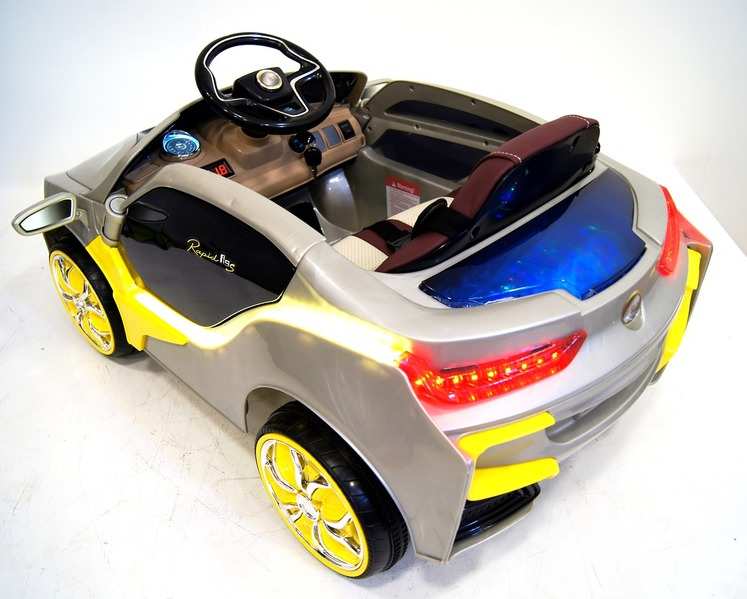
Title: Educational Benefits of Children's Driving Cars: Learning Through Play
Introduction: Children's drive-in vehicles offer more than just entertainment - they provide valuable educational opportunities that promote cognitive, physical and social development. From honing fine motor skills to developing creativity and problem-solving skills, driving kids' cars can be a highly rewarding educational experience. In this article, we'll look at the various educational benefits of driving cars for kids and how they facilitate learning through play.
-
Spatial perception and coordination:
- Driving children's cars requires spatial awareness and coordination as young drivers negotiate obstacles, navigate corners, and maneuver in a variety of environments.
- By practicing these skills, children develop a better understanding of spatial relationships and improve the hand-eye coordination needed to perform tasks such as drawing, writing, and sports.
-
Cause and effect:
- Driving cars for kids allows children to understand cause and effect as they learn how their actions, such as pressing the pedals or turning the steering wheel, affect the car's movement.
- Through trial and error, children develop problem-solving abilities and learn to anticipate outcomes, developing critical thinking and logical reasoning skills.
-
Role playing and pretend play:
- Kids' cars inspire imaginative play and role-playing scenarios where young drivers take on the roles of drivers, passengers, or even racing car champions.
- Through pretend play, children explore different roles, situations, and narratives, developing creativity, empathy, and social skills as they interact with peers and caregivers.
-
Traffic Rules and Safety Awareness:
- Driving kids' cars introduces children to basic traffic rules and safety concepts, such as stopping at stop signs, yielding to pedestrians, and looking both ways before crossing.
- By following simple rules and guidelines, children understand the importance of safety and develop an early understanding of responsible road behavior.
-
Language and communication skills:
- Playing with children's cars promotes language development as children talk about their driving experiences, describe their surroundings, and engage in conversations with peers or adults.
- Through verbal communication, children expand their vocabulary, improve their understanding of language, and practice articulating thoughts and ideas, developing the communication skills needed for social interaction and academic success.
-
Emotional regulation and self-confidence:
- Mastering the ability to drive children's cars increases children's self-confidence and self-esteem as they gain a sense of accomplishment and independence.
- Learning to cope and overcome obstacles in a supportive environment helps children develop resilience, patience, and emotional regulation skills, preparing them to face future challenges with confidence and optimism.
Conclusion: Children's driving cars offer many educational benefits that go far beyond simple play. Through driving, children develop a wide range of skills and abilities, from spatial understanding and problem solving to language development and emotional regulation. By encouraging and supporting their children's passion for toy cars, parents and caregivers are laying the foundation for a lifetime of learning, creativity, and growth.






